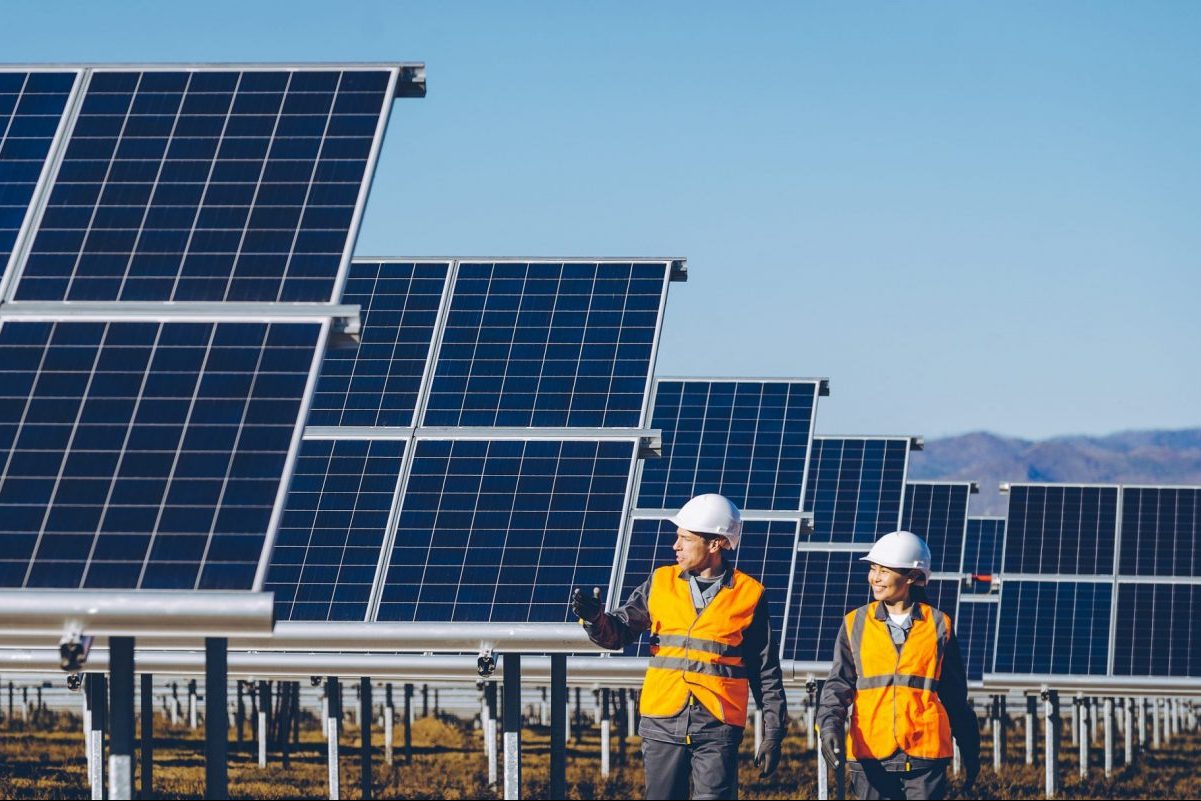Employment opportunities that promote energy efficiency are among the fastest-growing in the nation. As time goes by, it becomes more important to combat climate change since space and power conditioning for infrastructures accounts for 40% of all energy usage in the entire United States of America.
Fortunately, the Interstate Renewable Energy Council (IREC) created the Green Buildings Career Map to help showcase careers related to energy efficiency. It is a highly interactive tool that offers job opportunities all over the four major sectors of the green buildings and energy efficiency business. It charts possible progression between the occupations and recognizes the credentials necessary to do the job well.
For jobseekers with only high school education, the online map has 32 new collar green jobs or skilled roles that do not require you to have a college degree.
The developers of the online career map foresee that the tool will become handy to a wide range of audiences such as recruiters, training providers, career counselors, school counselors, workers, job seekers, and the like.
Similarly, the tool displays the diversity of advancement opportunities that come from specific jobs. It is a project of the Interstate Renewable Energy Council (IREC) and the National Institute of Building Sciences, Building Performance Institute, Home Builders Institute, Community Action Partnership, and Building Performance Association (BPA).

Workforce development is indeed critical in the construction sector. BPA just led outreach to more than 400 members and found out that training accessibility and career opportunity awareness are barriers to the industry’s growth.
Hopefully, Green building’s online career map will inspire individuals to choose a career related to energy efficiency and reach those in underserved places
The gigantic infrastructure plan spearheaded by President Joe Biden called for billions of dollars to fund several green and energy-efficient construction projects, including clean energy projects, bolstered broadband deployment, revamped electric grids, and public transit.
These significant investments that leading economists supported are perceived to give Americans good jobs that will pay off for future generations. The White House firmly believes that it can help the country be more competitive and for the communities to come out more vital than ever.

